This is more than what it looks like:
This is the southwestern Virginia town of Bassett, founded by the Bassett family, which later founded Bassett Furniture in 1902. Bassett is still home to Bassett’s headquarters, but the company’s major plant in the town closed in the early 2000s. It is, however, still there:
And according to these photos from a Facebook group, there is even still furniture inside of it somewhere. A screenshot:
Here’s a little write-up about the plant with some photos.
A couple more Google Maps images:
In a place with an otherwise thriving economy, you can imagine a lot of new uses for a structure like this. Here, in one of the poorest parts of the state, in an old company town with a small population, it will probably never be renovated. But what a sight, this grand brick warehouse along a little road.
Like a lot of towns in this part of the country, Bassett is barely a “town” in terms of the typical urban form that we think of as a “town” from this period. That is, it has an extremely minimal and linear layout, and resembles a commercial strip more than an old-fashioned town. (Some of its original buildings may also be gone.)
There’s a small stretch of what is the very small downtown/Main Street area, with the Bassett offices on the left and the old train station, around which the town was built, on the right:
The rail line was both freight and passenger, and passenger service persisted into the early 1960s.
I say this every time I write about some small town like this, but it’s always striking how these places that seem desperately remote today were their own little centers of economic and social activity. These were places that were neither suburbs of major cities nor the neglected places they often are today, but tiny little cities unto themselves. There’s something remarkable about that, about strong, complete communities in this imposing mountainous terrain, so long ago.
There isn’t even a census chart on Wikipedia for the town of Bassett, but the population is currently in the 800s, down from 1,100 in 2010, down from over 3,000 in the middle of the 20th century (that link is a 1950 census brochure for every locality in Virginia, a neat little document).
I suppose it’s true that in some sense there’s no difference between business patterns changing within the country—automobile factories moving from Michigan to the Southeast, for example—and globalization incentivizing offshoring. Patterns of business are always changing, industry and innovation are always proceeding, and maybe it’s arbitrary to treat globalization and offshoring as somehow worse, or even different, than any of the other trends that can leave a small town without a key industry.
In Bassett’s case, the company switched from American manufacturing in its eponymous hometown to importing low-cost Asian furniture. (And as an owner of an Asian-made Bassett bedroom set, I can’t say the quality matches price or reputation.) To their credit, they do still make some American furniture, some of it even in Bassett, but not close to the old volume or employment numbers.
These stories of decline feel preventable, or at least not casually dismissible as the vicissitudes and vagaries of life. These pieces I write might just be bits of historical trivia, and Bassett is so small that it hardly has the “good bones” of a lot of cities and towns that fell on hard times. But I do think the question of revitalizing legacy small towns is an important question for urbanists and housing advocates. I think it’s probably the case that the small-town economic revitalization world doesn’t talk enough with the urbanism world.
On a more upbeat note, next week’s “What Do You Think You’re Looking At?” is going to be a sort of follow-up to today’s piece. Stay tuned!
Related Reading:
Thank you for reading! Please consider upgrading to a paid subscription to help support this newsletter. You’ll get a weekly subscribers-only piece, plus full access to the archive: over 1,100 pieces and growing. And you’ll help ensure more like this!




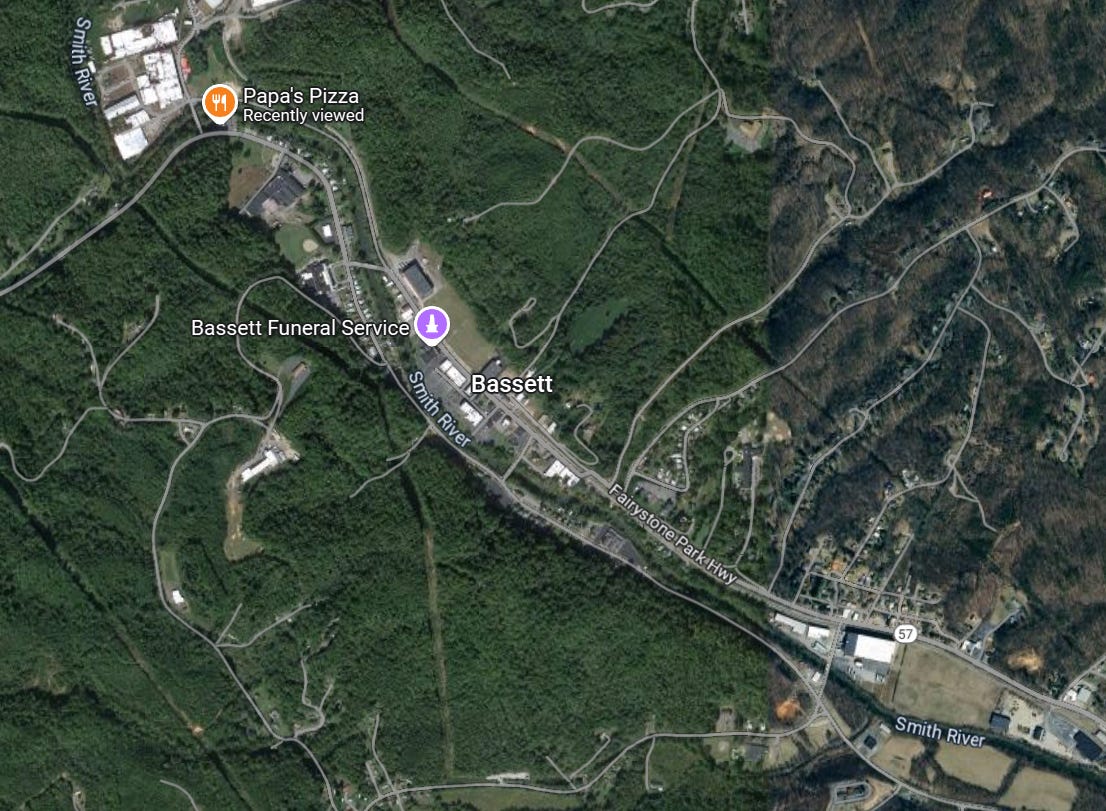
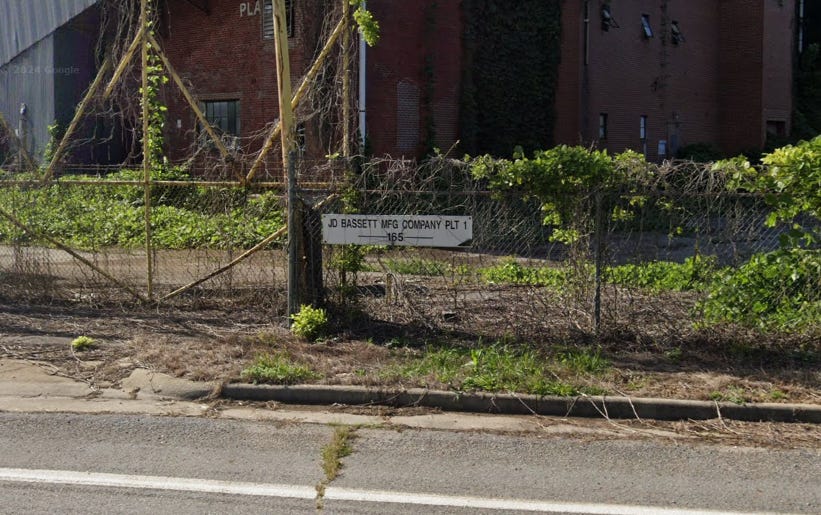
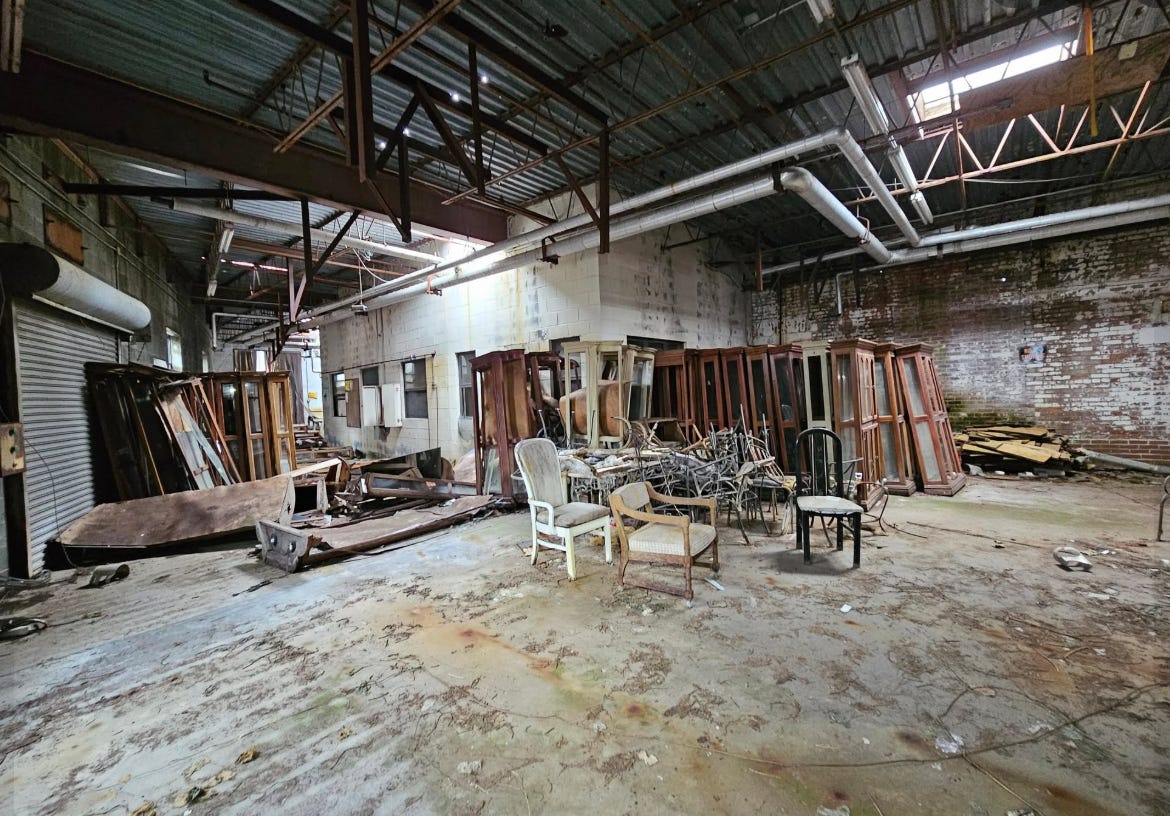
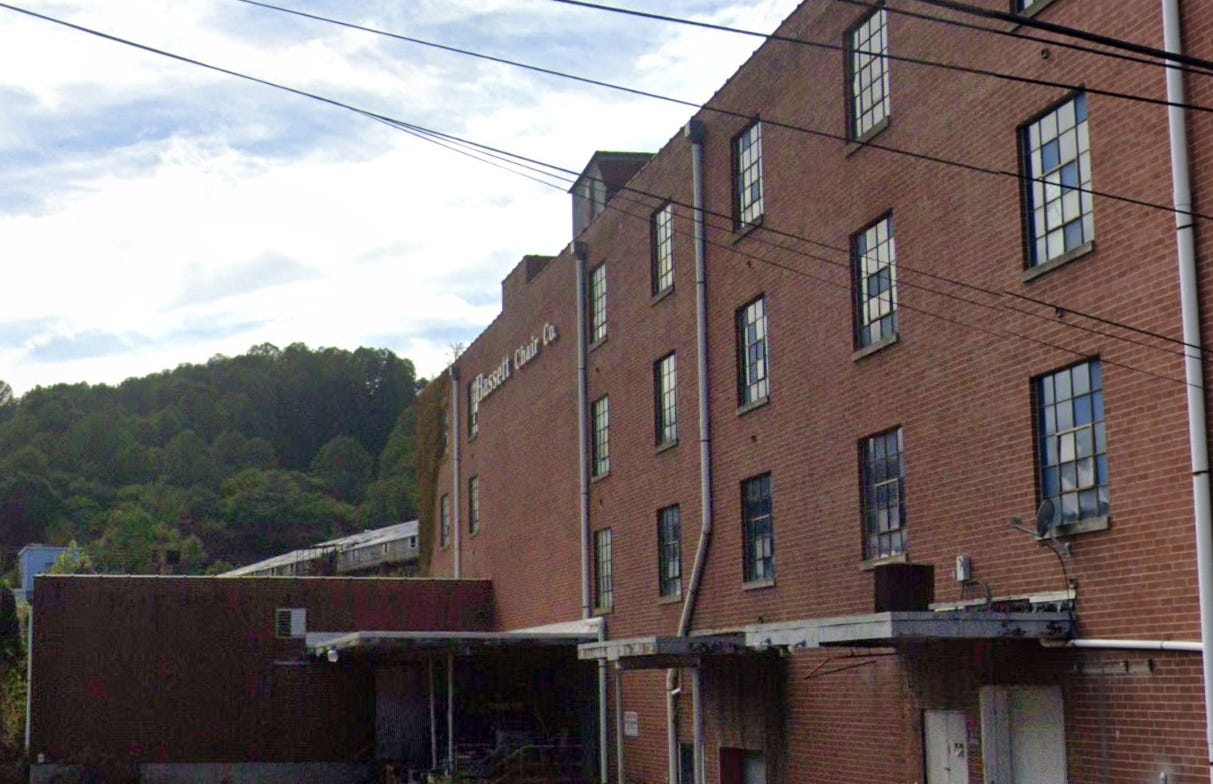
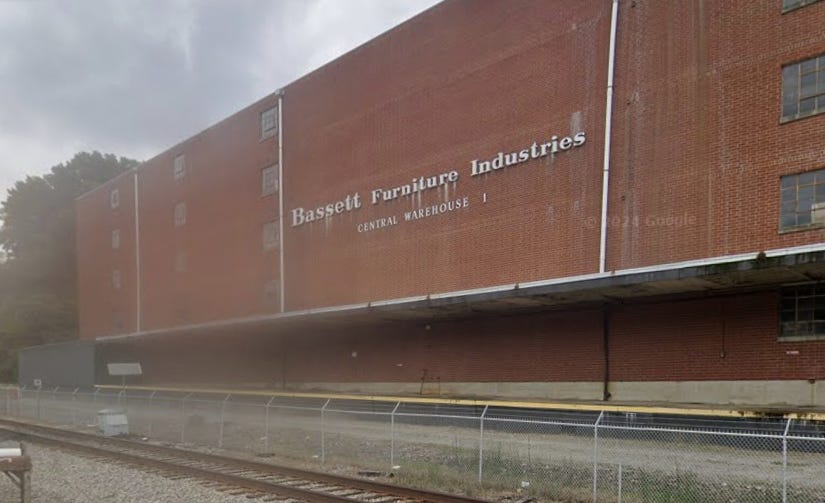
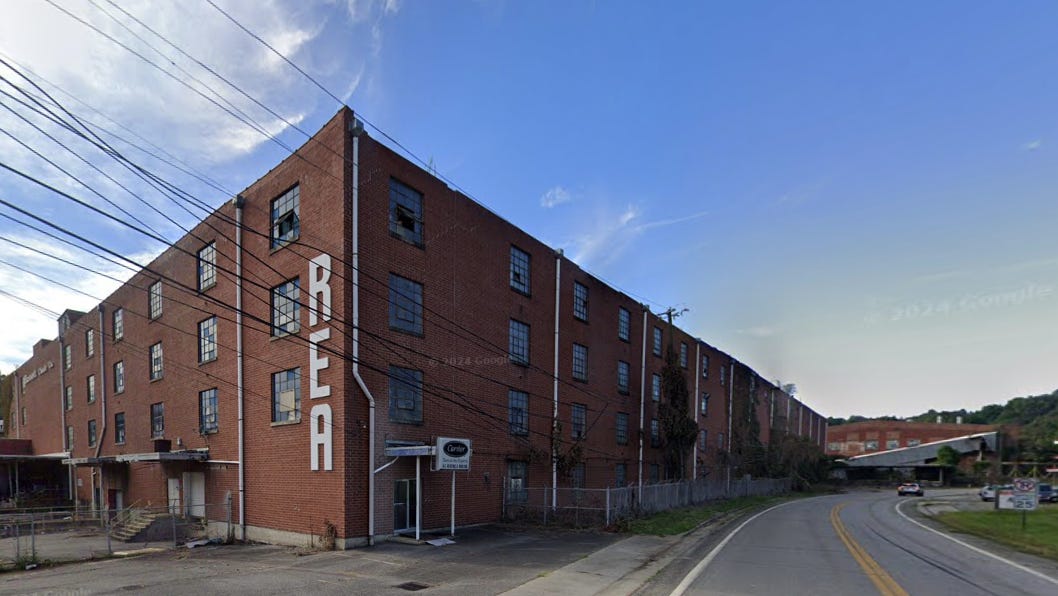
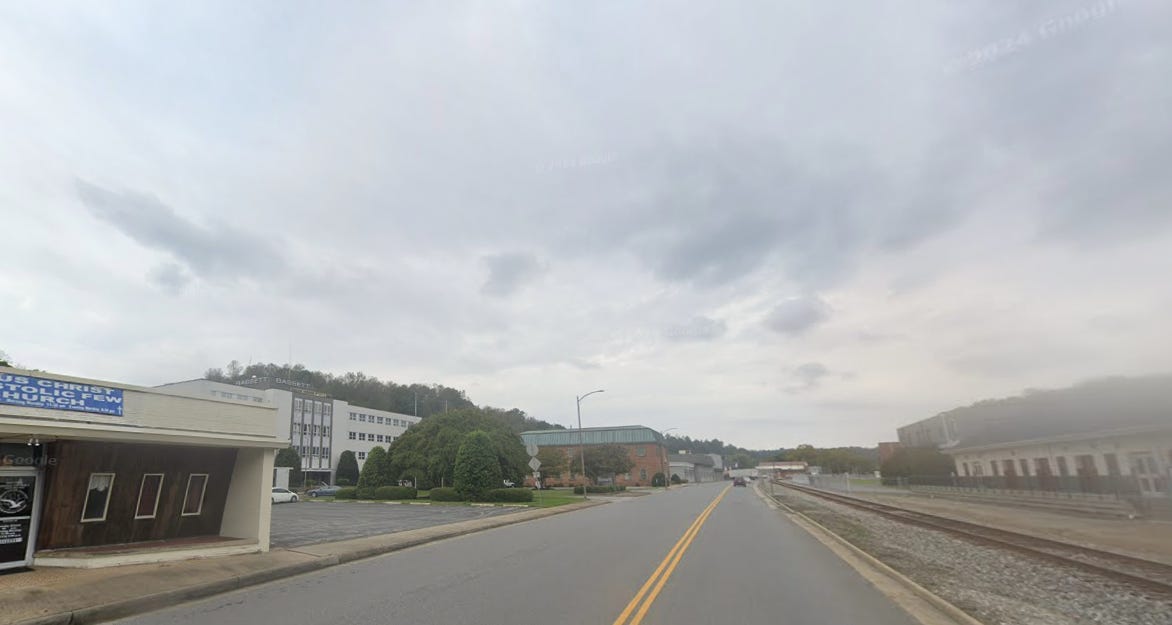
Some smaller cities have managed to keep their nationally famous industries. Recently I noticed construction in my neighborhood using a Ditch Witch digger. I remembered that Ditch Witch used to be in Perry, halfway between Enid and Stillwater. Assuming it had moved to Mexico or somewhere, I googled it, and in fact it's still entirely in Perry.